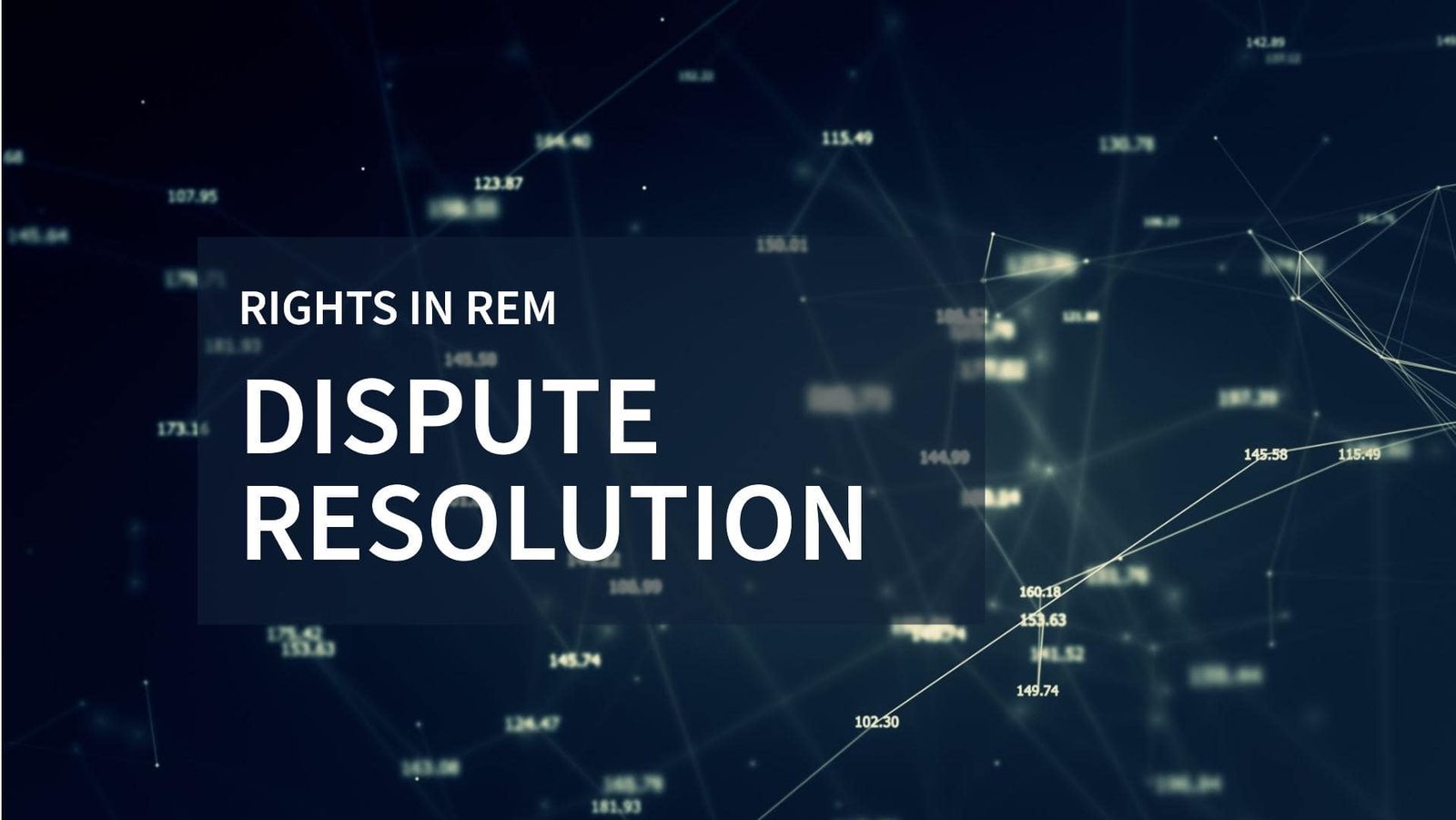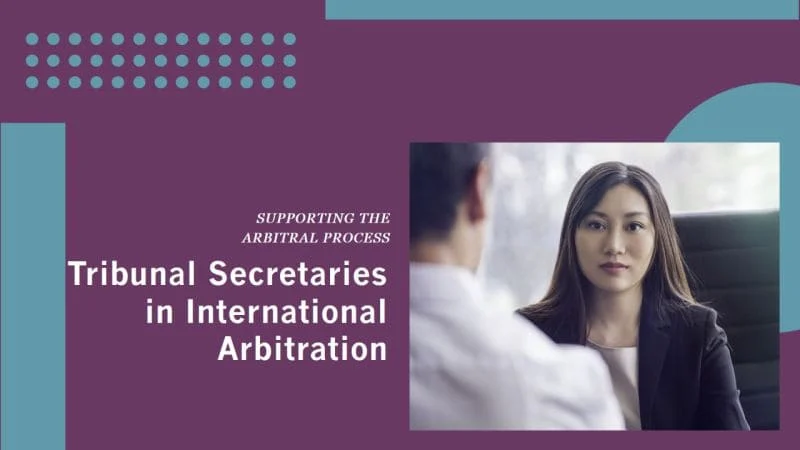Case Title: World Phone Internet Services Pvt. Ltd. versus One OTT Intertainment Ltd. In Centre, Dated: 02.12.2022 (Bombay High Court)
👉The Bombay High Court has ruled that the Telecom Regulatory Authority of India Act, 1997 (TRAI Act) is a self-contained Code, intended to deal with all disputes arising out of the telecommunication Services provided in the country and therefore, the dispute between service providers which is likely to affect the consumers/subscribers, cannot be referred to arbitration. Thus, the Court concluded that the dispute between the service providers fell under the umbrella of the Telecom Dispute Settlement and Appellate Tribunal (TDSAT) in view of Section 14(a) (ii) of the TRAI Act.
👉The Court noted that the parties executed an MoU, aiming to leverage their strengths for providing state of the art internet services to subscribers. Perusing the MoU, the bench concluded that both the parties are unified licensees who are in the business of providing broadband internet services, and who have agreed to amalgamate their ventures.
👉The Court reiterated that a matter can be referred to arbitration only on the existence of an Arbitration Clause and the ‘Arbitrability of the Dispute’. It added that though rights in personam are amenable to arbitration, disputes involving rights in rem are unsuitable for private arbitration.
👉The applicant- World Phone Internet Services, argued before the Court that the dispute between the parties arose out of the respondent’s failure to honour the obligations contained in the MoU. It added that since the dispute between the parties arose out of an MoU, which worked out a business arrangement between them, containing no involvement of the TRAI Act, the parties must be referred to arbitration in view of the arbitration clause contained in the MoU.
👉The Court took note that the parties are license holders under the TRAI Act, who entered into an arrangement for providing internet services to the subscribers. After a dispute arose between the parties, the respondent suspended the internet services of the applicant’s subscribers/customers.
👉While noting that the applicant in its Section 9 application had sought to restrain the respondent from suspending the internet services of over 22,000 subscribers belonging to the applicant and to the Joint Venture established under the MOU, the Court concluded that the dispute between the parties had affected the customers. Thus, it could not be held that the dispute between the parties contained no involvement of the TRAI Act, the Court said.
👉While holding that the dispute between the parties, who are both service providers, fell under the umbrella of TDSAT in view of Section 14(a)(ii) of the TRAI Act, the Court dismissed the application.
#court #dispute #court #arbitrator #india #trai









